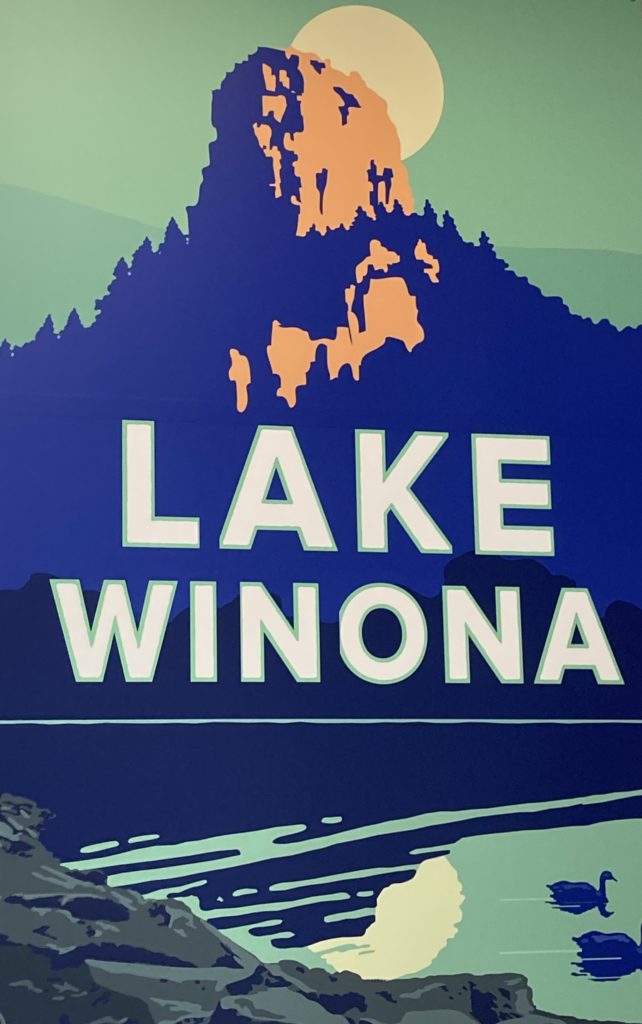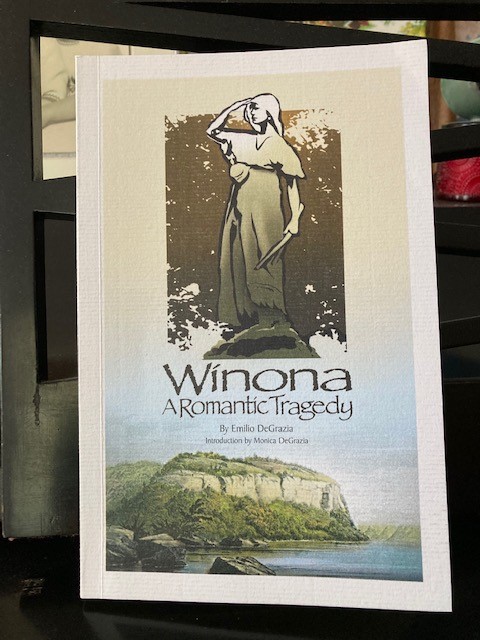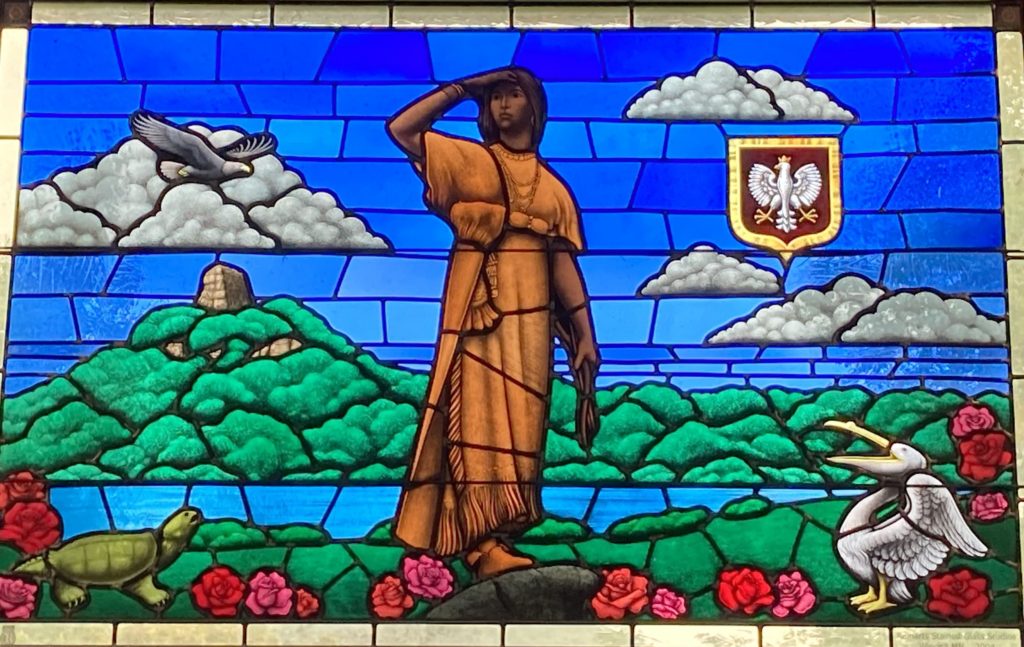

As many of you know, I first got to know the City of Winona, Minnesota through participating in the Maria W. Faust Sonnet Contest as a poet who writes in the sonnet form. Growing out of the successful Great River Shakespeare Festival, established in 2008, the Contest was the brainchild of Winona Poet Laureate James Armstrong and GRSF Artistic Director Doug Scholz-Carlson. Since a small regional start nine years ago, this contest has become a vibrant national and international incubator and celebrator of some of the best sonnets being written by contemporary poets. This expansion has been made possible by the participation of all three of Winona’s Poet Laureates (James Armstrong, Ken McCullough, and Emilio DeGrazia), by the diligent creativity of program administrator Heidi Bryant, and by the extraordinary and far-sighted philanthropy of Ted Haaland, husband of the late Maria W. Faust.
My own first submission was in 2013, and since then this annual contest has been an exciting part of my year, whether or not I had a submitted sonnet honored or not. Each year has been an opportunity to write new sonnets, submit my very best, and plan to attend the Closing Reading to hear sonnets read by actors in the GRSF company or by poets able to attend.
This year, I was honored to be asked to join James Armstrong, Ken McCullough, and Emilio DeGrazia as a judge. This year, a total of 604 poems were submitted from 214 people (poets can submit one, two, or three sonnets per submission.) These poets hail from thirty-five states and ten countries. Of special note this year, entries in the Youth category were up 58 percent, from 31 in 2020 to 49 in 2021!
All poems are judged blind–that it, the judges do not know who the author is, so the poem must speak for itself. With so many truly fine poems–excellent examples of the sonnet form, and, more than that, compelling writing on a large range of subjects, with varying points of view, tone, and use of language–it was very difficult for me to select my top choices, but I did manage to do that by going over the best submissions several times. When the judges met in July to compare lists and select the top winning poems in each category, I was struck by how often judges were in agreement on the merits of poems. I was also delighted that each judge was able to champion four “Laureates Choices” once the top poems were selected. A special pleasure at the end of that process–once all the winners were selected–was learning the names of these fine poets and seeing who had written each poem. Many I recognized through reading their work before: Scott Lowery, Marilyn Taylor, Anna Evans, Jean L. Kreiling, and Barbara Lydecker Crane. Most were new to me. Now all these names are ones I shall look for in the journals I read in the years ahead.
Names of the winning poems poets, and the full text of each sonnet, in a splendid digital version of a program with turning pages, is available on the contest website as well.
Below is a video of a Zoom meeting in which many of the poets were able to read their own winning poems. For those poets with winning poems who were not able to attend, either one of the judges or a member of the Great River Shakespeare Festival Company stepped in, so every winning sonnet can be heard as well as read.

The City of Winona is a bastion of lively writers, artists, and musicians, filled with good conversation, good food, and (of course!) amazing theatre through the annual Great River Shakespeare Festival. Most recently, I was able to learn more about the deeper history of the area through this beautifully written play by Emilio DeGrazia, enhanced by a thoughtful and thought-provoking introduction by Monica DeGrazia.

Wishing you continued adventures–reading, writing, exploring, and enjoying the remaining days of summer!
LESLIE
